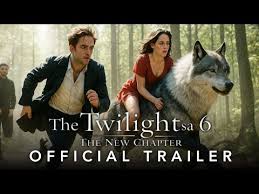How X-Men ’97 succeeded through a blend of nostalgia and innovation.
Serving as the revival of the classic X-Men: The Animated Series, X-Men ’97 has become one of the most successful Marvel projects amid a time when the studio has been substantially struggling to meet expectations.
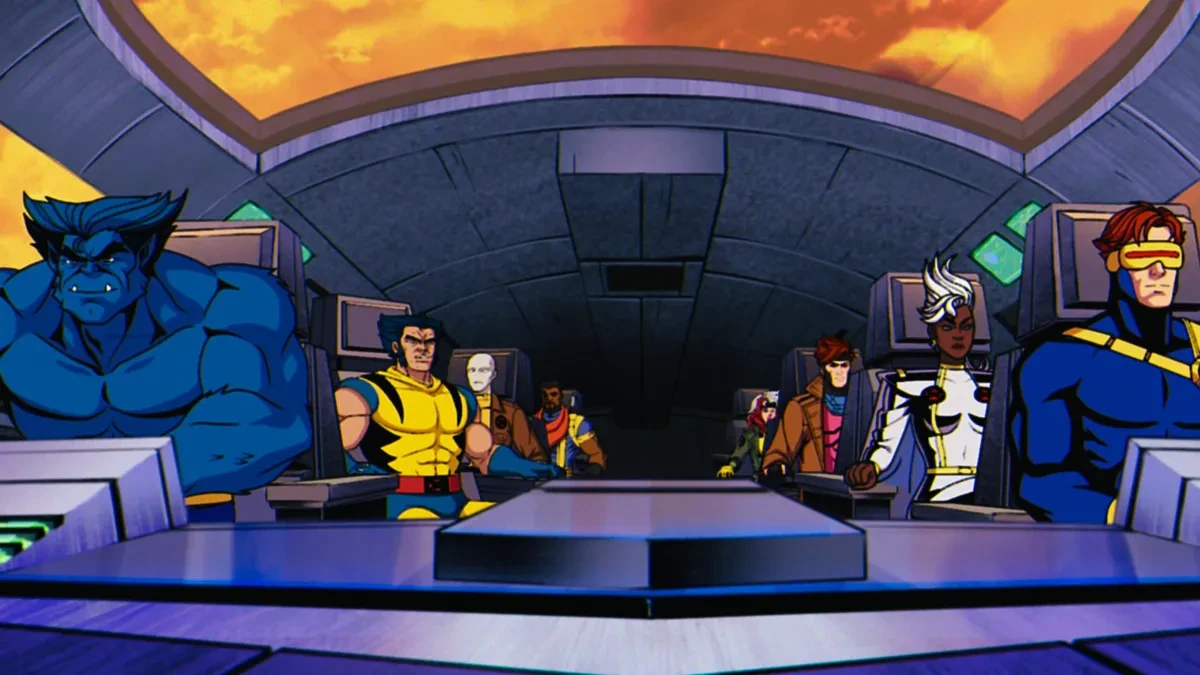
With season 2 of the show already in development, series director Jake Castorena recently shared insight into the show’s creative process. He also discussed how they have been able to avoid the pitfalls of mediocrity that can plague modern adaptations while preserving the essence of the beloved original series.
X-Men ’97 Director Reveals the Key to the Show’s Success
Created by Beau DeMayo, X-Men ’97 picks up where the original animated series concluded decades ago. Jake Castorena, who directed the first episode of the show, recently discussed their approach to ensure that it serves well to the original fans along with the new audience in an interview with Discussing Film.
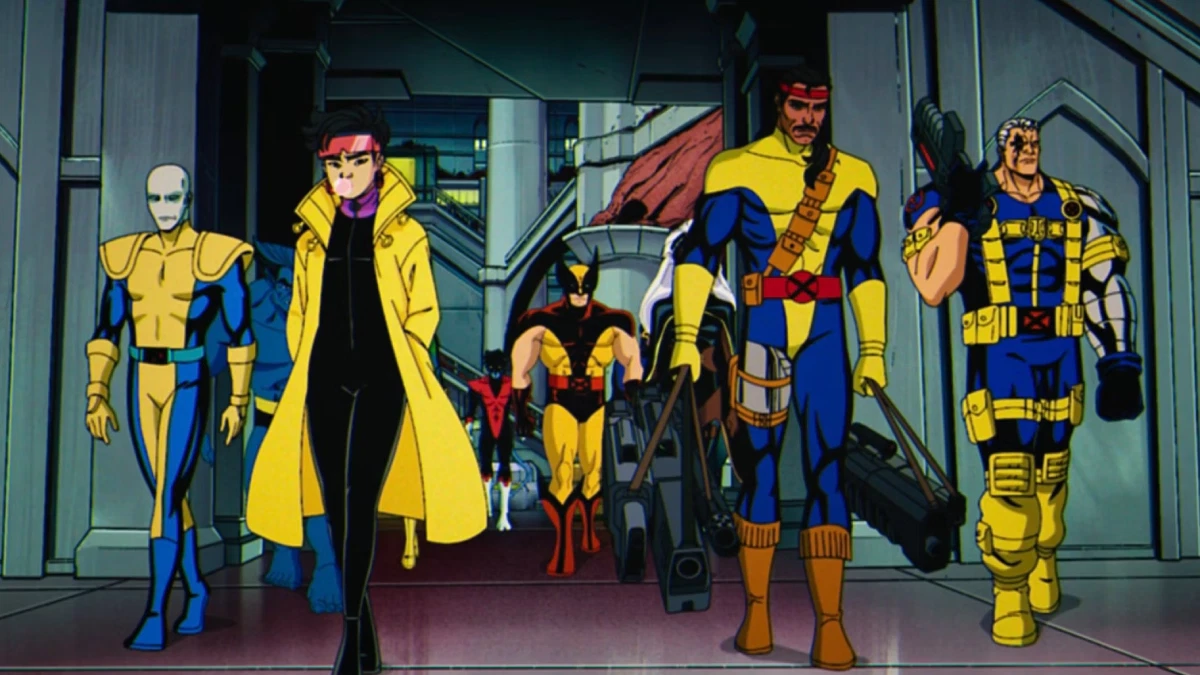
“Luckily, that mandate and mission statement was there from day one with [X-Men ‘97 head writer] Beau DeMayo’s series bible,” he said as he explained that they never intended to approach the series as a reboot. However, they focused on making it a “revival and a spiritual successor.”
Castorena emphasized that they kept the key ingredients that made the original show with an aim to maintain the core elements of the original show that made it great. They are ensured that any changes do not compromise its essence and excellence.
Thus, if we are a revival and a spiritual successor, certain things are ingrained in the original show’s DNA that if we remove, change, or alter in any shape or form, it quickly doesn’t become excellent anymore. Much of that was figured out in the writer’s room and script phase.
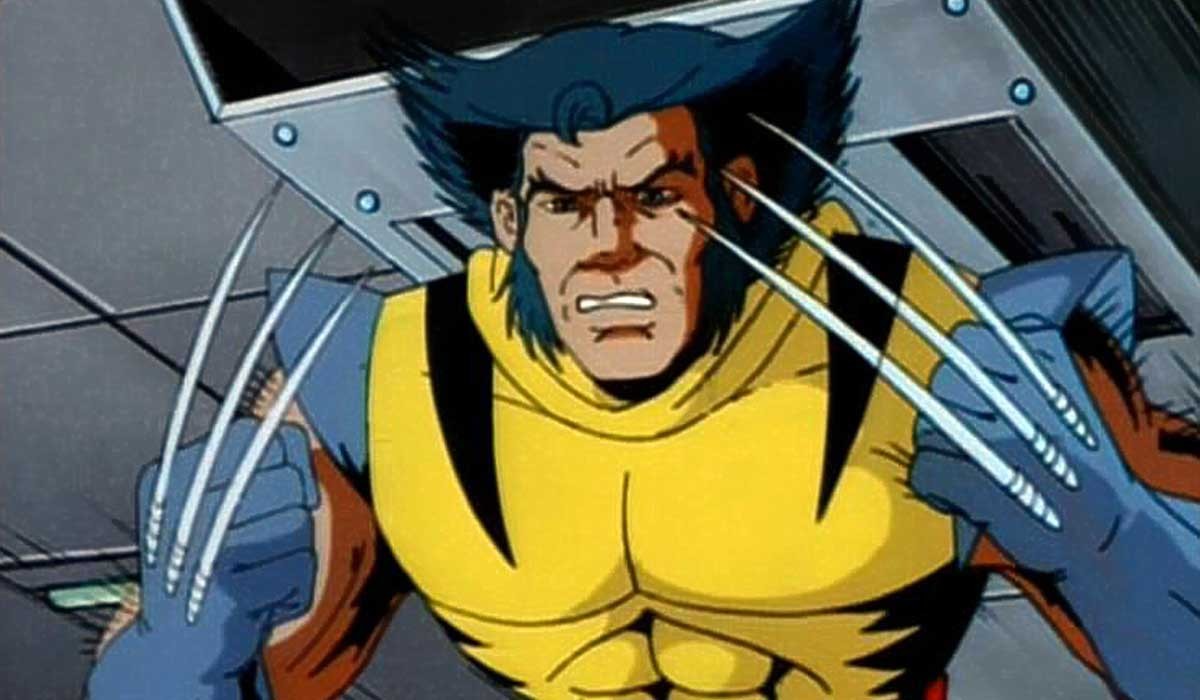
Castorena also shared that the creative team took a personal and intimate approach while developing the show. He emphasized that they focused on creating something that they are passionate about and believe in, and that would resonate equally with the audience.
No One in Hollywood Expected X-Men to be Successful
The original X-Men: The Animated Series ran for five seasons following its premiere in 1992 and continued to be one of the fan favorites at the time. While the show is now credited with laying the foundation for the now-successful Marvel animated series, X-Men ’97, the creators of the original show have revealed that initially, no one believed that X-Men could lead a successful project.
Eric Lewald revealed Margaret Loesch’s persistent efforts to produce X-Men: The Animated Series. However, the studio executives repeatedly rejected the idea, calling it weird and describing it as “inside-comic-bookie.”
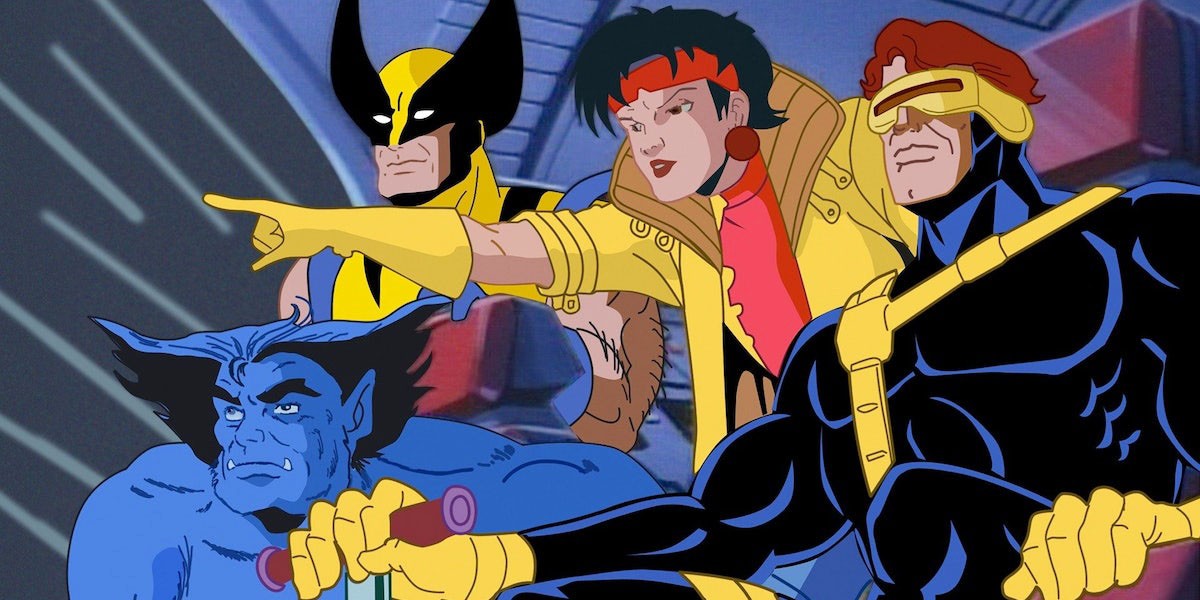
Eric Lewald recalled in an interview with Marvel.com, Margaret [Loesch] had wanted to do the show for ten years. Nobody in Hollywood believed the X-Men could be popular. She’d pitch it and pitch it. They said, ‘No, this is too weird. This is too inside-comic-bookie.’ So Margaret could never get it sold.
Once the show was picked up, Lewald revealed that Loesch chose people that she believed to be the best for the show. However, despite all those efforts, the series continued to face issues with each season and eventually ended after five seasons.
X-Men ’97 and X-Men: The Animated Series is available to stream on Disney+.
